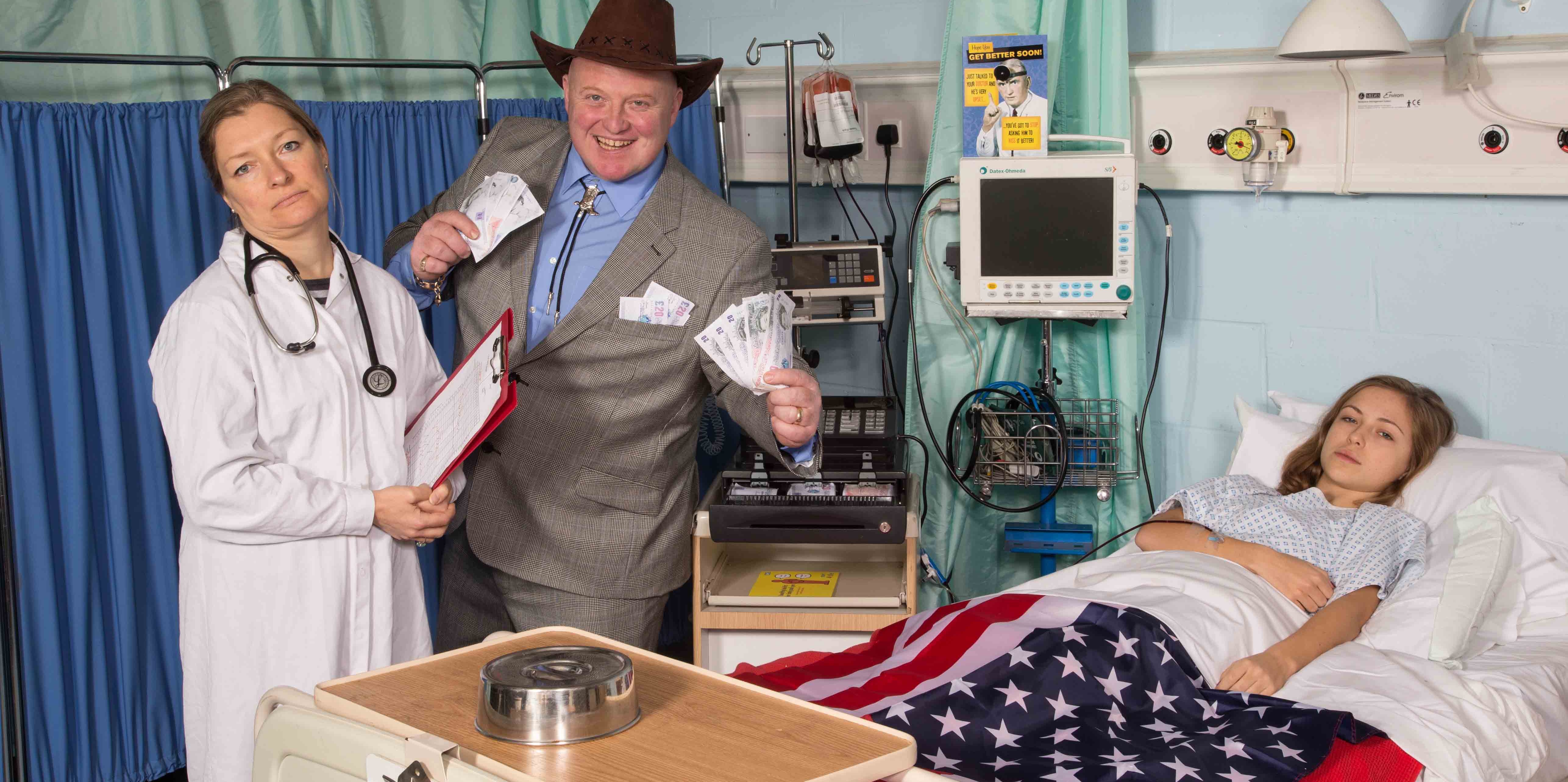Growing opposition
BIS committee voice concerns over TTIP
Hajera Blagg,
Wednesday, March 25th, 2015
A group of MPs have raised serious concerns about the risks of TTIP—the EU-US trade deal currently being negotiated in secret.
Â
The Business, Innovations and Skills committee issued a sharply critical report of the trade deal, saying that the government needed more evidence to substantiate claims that TTIP will boost the economy by ÂŁ100bn a year.Â
Â
The report also raised concerns about investor-state dispute settlement (ISDS) provisions, which would enable multinational corporations to sue governments in secret courts for loss of profits.
Â
The committee argued that the government has not gone far enough in its commitment to exclude the NHS and other public services from TTIP, saying:
Â
“We recommend that the government, in its response to the commission’s consultation, ensures that an unequivocal statement protecting public services at present - and the right to expand them in the future - is set out in any ISDS provisions. We further recommend that those draft provisions are made public, in advance of final decision, so that they can be subject to public scrutiny.”
Â
The report is the latest in a growing movement opposing what will be the largest bilateral trade deal in history.
Â
Unite has argued from the very beginning that TTIP will not reap the benefits that its proponents claim. Â And despite government assurances, Unite and other anti-TTIP campaigners believe that the health service must be explicitly excluded from the trade deal.
Â
Commenting on the issue, Unite general secretary Len McCluskey has said that previous assurances from the European Commission and the coalition government cannot be completely trusted.
Â
“Unite has widely distributed its legal advice from an expert in EU law and healthcare on this issue,” he said.  “It is clear that the NHS can only be protected from TTIP with a robust carve-out for the NHS from all the obligations in the treaty.”
Â
The committee report also noted that there has as yet been no justification for the inclusion of ISDS provisions, which could easily be dropped from the deal, citing Dr. Adam Marshall of the British Chambers of Commerce and TUC general secretary Frances O’Grady.
Â
Marshall notes that the domestic court systems of “a group of very advanced, industrialised democratic countries” should be able to settle disputes without the need of the secrecy that ISDS courts would entail.
Â
O’Grady agreed.
Â
“Our concern is why they cannot use the domestic courts like anybody else,” she said. “Why do they need a special and what has been largely secret court to secure their investments and secure against potential loss of future profits?”
Â
The BIS committee was also “deeply concerned” that the government has not shown any intention of submitting a formal response to the European Commission’s consultation on ISDS provisions.
Â
“It does not give the impression that the Government is treating seriously the concerns that have been raised about the range or use of such clauses and serves only to fuel the existing scepticism held by opponents of TTIP, “ the report noted. “It also has the potential to leave the UK on the margins of any debate to better frame ISDS negotiations.”
Â
The EU-side consultation produced an unprecedented 150,000 mostly negative responses, with a third of the responses coming from the UK, demonstrating just how much the public is wary of trade deals such as TTIP.
Â
McCluskey has argued that prime minister David Cameron can easily use his veto power to exclude the health service from TTIP, and once and for all lay to rest the concerns the public have over the trade deal.
Â
“The people of this country do not believe it is right for the NHS to be part of a US trade deal,” he said. “Britain expects David Cameron to stand up for the NHS and use his veto in Europe to get the NHS out of TTIP.”
Â
McCluskey noted that the Cameron’s refusal to use his veto power shows just how out of touch he is with the people he serves.
Â
“The NHS unites this country,” he said. “it is the single most important local issue for voters. The Prime Minister has cut himself adrift from public opinion by refusing to listen. Britain is demanding that he uses his veto.”
 Like
Like Follow
Follow

